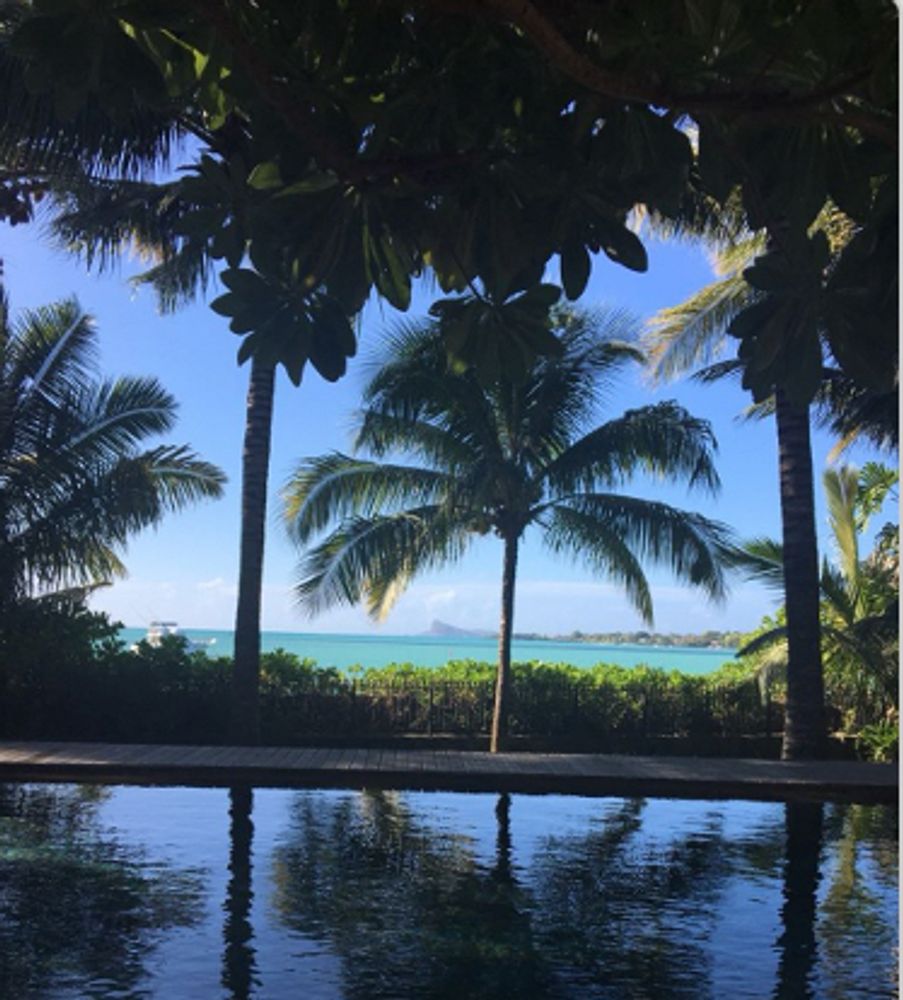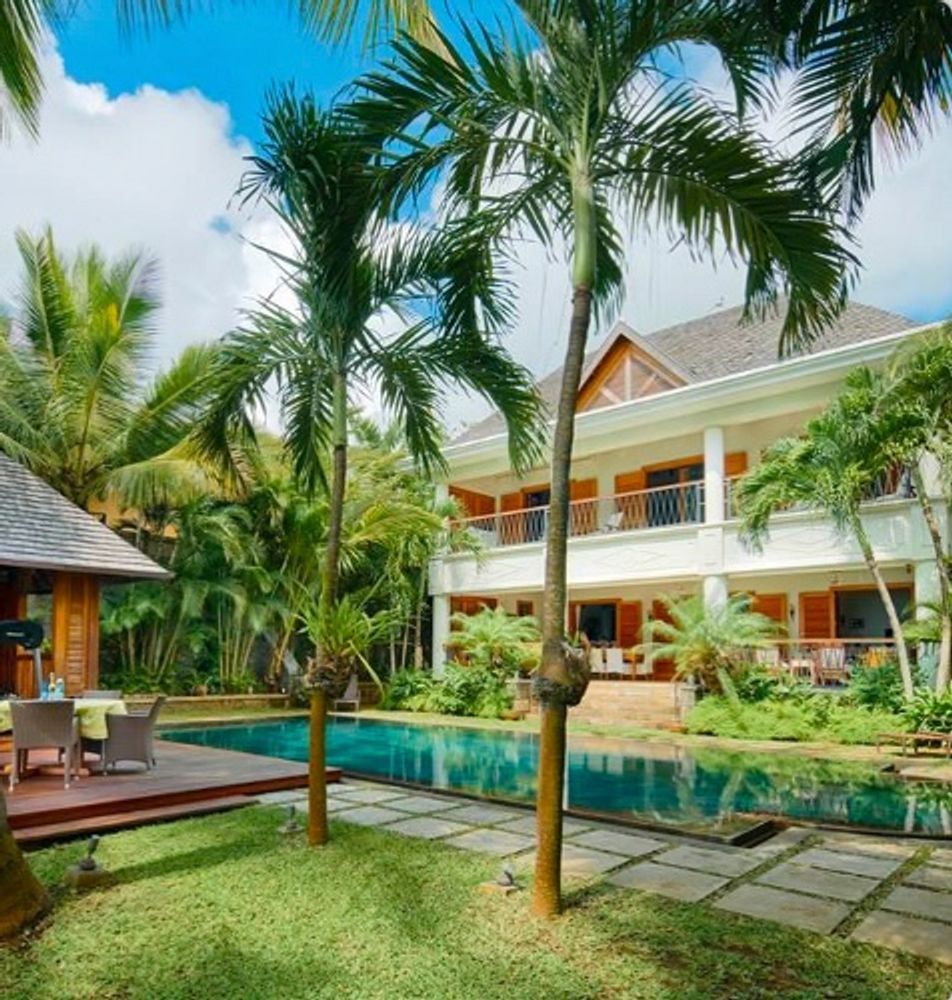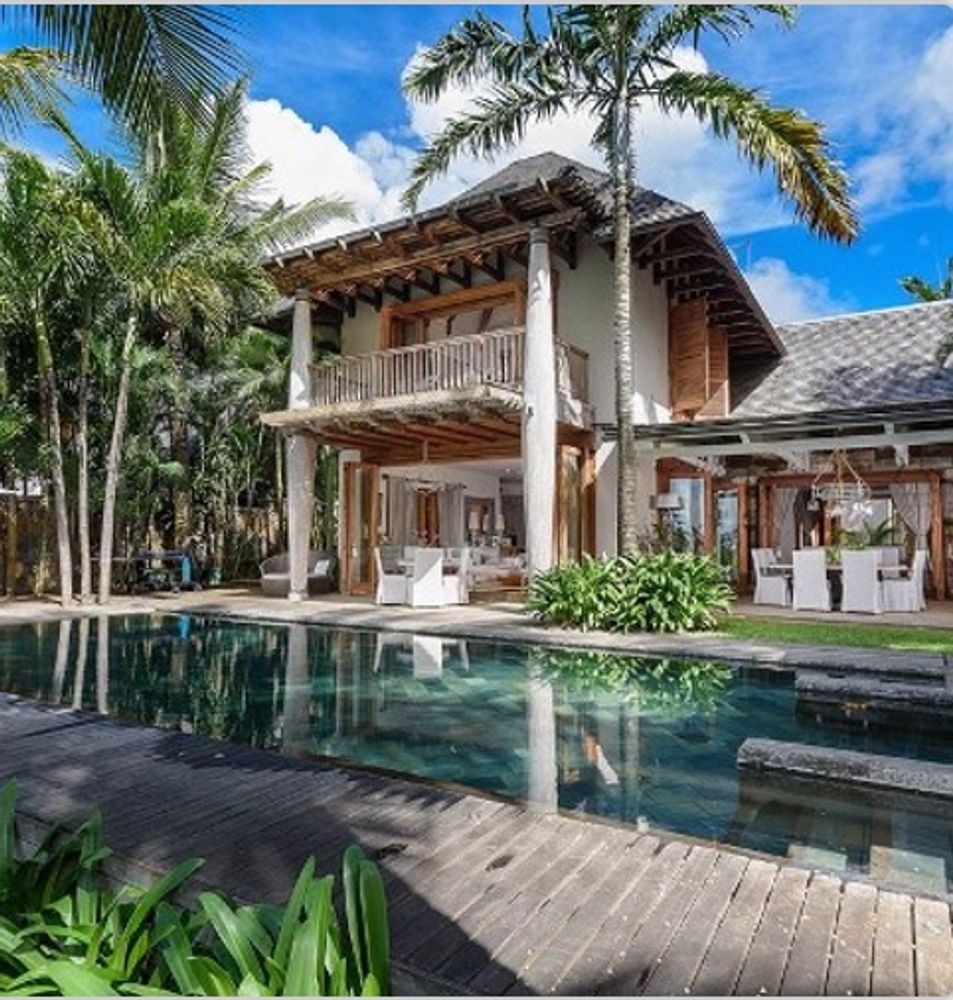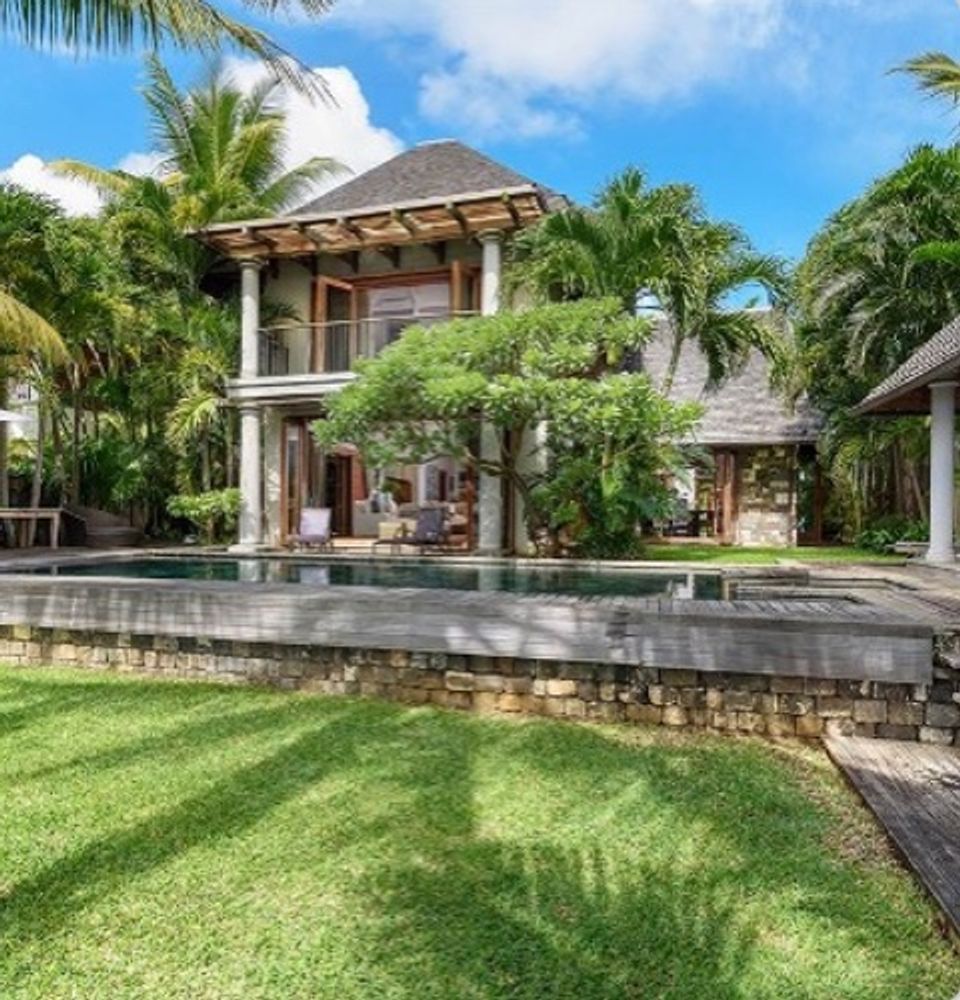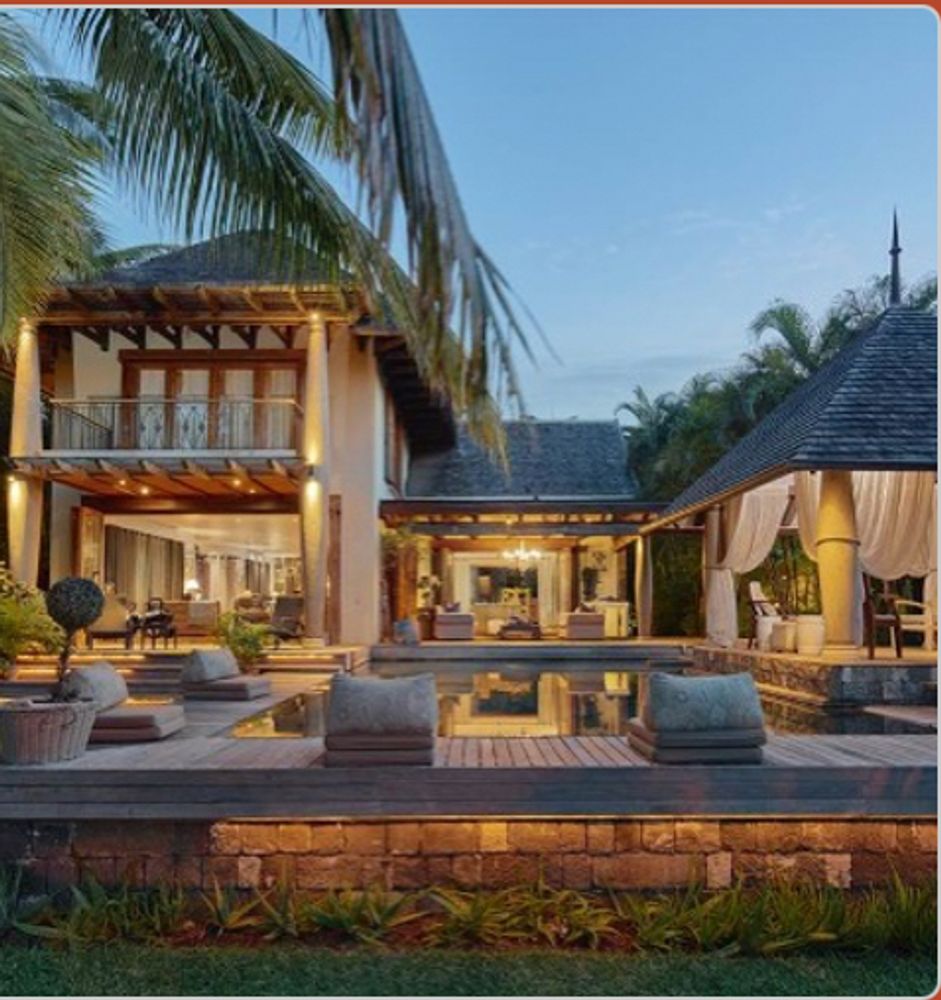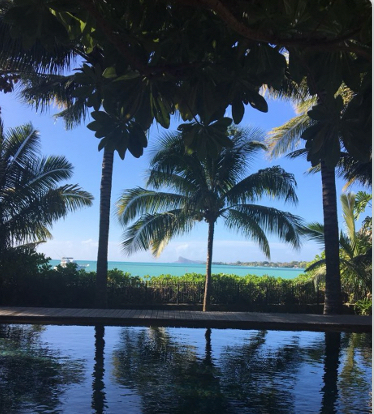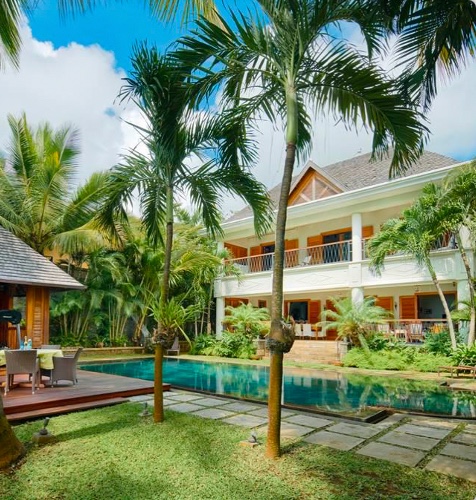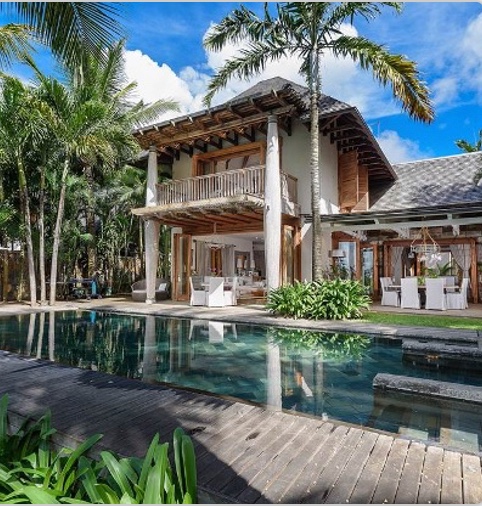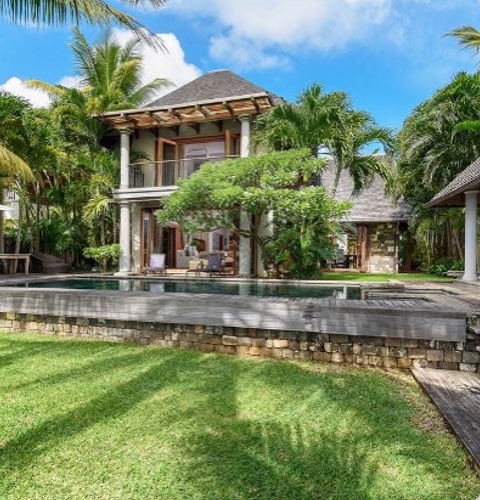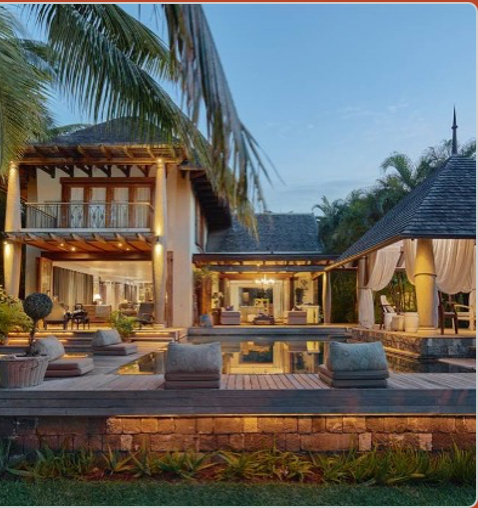Looking for Mauritius Villas for Sale? Here’s What You Should Really Know
I’ve been living between Europe and Mauritius for a few years now, and every time someone visits, they end up saying the same thing: “I wish I could stay here forever.” And honestly, I get it. There’s something magnetic about this island — maybe it’s the turquoise lagoons, maybe it’s the rhythm of the people, or that sweet smell of frangipani in the morning. But lately, what’s really caught everyone’s attention are the Mauritius villas for sale — and how surprisingly accessible they’ve become.
Let’s be clear, Mauritius isn’t just a postcard destination anymore. It’s become a serious place for real estate investment, especially for foreigners looking for both lifestyle and stability. You can own a villa here, legally, through government-approved schemes like the IRS, RES, PDS, or even the newer Smart City projects. Yeah, I know, it sounds like alphabet soup at first — but each one opens a door to your own slice of paradise.
When I first started exploring properties on the west coast — around Tamarin and Black River — I was stunned by how the architecture blends local charm with contemporary design. Picture this: wide wooden decks, infinity pools melting into the horizon, and those sunsets that make you forget time exists. Some villas are so close to the ocean that you can literally hear the waves while sipping your morning coffee. That’s not marketing talk — I’ve been there, coffee in hand, sandals still wet from the beach.
But before getting too dreamy, let’s talk reality. Buying a villa in Mauritius is a bit different from buying in Europe. For instance, the process involves a notary, a few government approvals, and often, a minimum investment of $375,000 if you want the golden ticket — a Mauritian residence permit. Not bad, considering what you get in return: peace, sun all year, and zero property tax on the value of your villa. It’s not paradise by accident — it’s well-structured.
Now, if you’re after value, the north (Grand Baie, Pereybere, Cap Malheureux) is where most expats and investors start. It’s lively, full of cafés, restaurants, and international schools. You’ll find both beachfront villas and those charming gated estates surrounded by lush gardens. But if you ask me, the southwest has something rawer — more authentic. The air smells of salt and sugarcane, and the people greet you like neighbors, not clients.
One thing I’ve noticed over the years is how the real estate market here evolves quietly but steadily. Prices don’t fluctuate wildly. Instead, they climb softly, like the tide. And that’s comforting if you’re thinking long-term. Plus, with the number of digital nomads, retirees, and remote professionals choosing Mauritius, the demand for quality villas keeps rising. I remember meeting a couple from South Africa who had just bought a villa in La Mivoie; they said, “We didn’t move here for the view — we moved for the calm.” That stuck with me.
Of course, not everything is picture-perfect. Some developments promise more than they deliver, and you’ll want to check the developer’s track record before signing anything. Spend time on the island. Talk to locals. Visit the place at different times of day — morning light and evening heat can completely change how a villa feels. And yes, humidity is a real thing here; don’t ignore it when choosing your materials.
If you’re just browsing Mauritius villas for sale, my humble advice is this: don’t look at it as a “transaction.” Look at it as a life chapter. The kind where you wake up barefoot, where meetings end early because “the sea looks too good today,” and where time slows down just enough to remind you that happiness doesn’t always mean more — sometimes it means less, but better.
I still remember one evening near Le Morne — the sky was on fire, the mountain casting that legendary shadow across the lagoon. A fisherman passed by, barefoot, humming something in Creole. And I thought, this is what people are really buying here. Not walls or tiles — but a feeling. A way of being.
So yes, the Mauritius villas for sale market is hot. But beyond the numbers and returns, it’s also about something far more human: a new rhythm of life. And once you taste it, it’s hard to go back.

